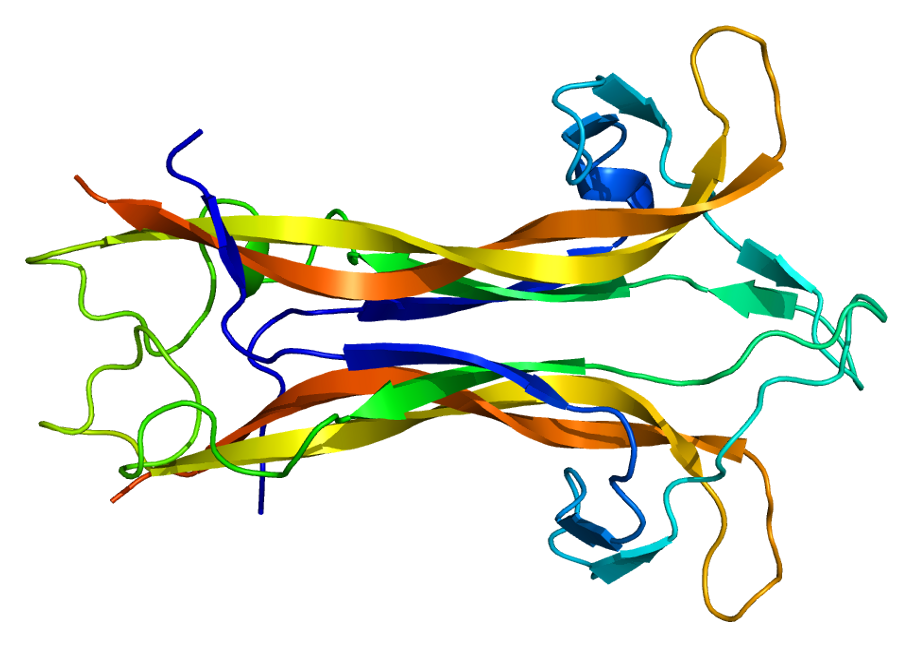What is BDNF?
BDNF is a protein in the hippocampus, cortex and other areas of the bring and is more formally known as Brain Derived Neurotrophic Factor. BDNF plays a key role in creating new brain neurons and is protecting to existing neurons. BDNF encourages the connection of one neuron to another which is a process that is vital for thinking, learning and higher levels of brain function.
Why should I care about BNDF?
There is an association between low levels of BDNF and conditions such as Alzheimers, depression, schizophrenia, epilepsy and OCD. Higher levels of BDNF gene expression is associated with a more positive mood and stress has been found to lower its expression.
The great news is that the factors that influence our DNA to produce BDNF are in our control. To state this another way we have the control to grow new brain cells!!
Let’s look at the 4 ways that you can grow your brain cells
Exercise
No matter where you look (or for some try to hide) exercise will always pop up as one of the most important things that you can do for your health. The benefits of physical activity levels are well documented but there was recently a study in the Journal of Alzheimers Disease that aerobic activity can actually increase BDNF in elderly patients with Alzheimers Disease. That is a powerful statement….exercise can actually promote the growth of new brain cells in those with degenerative brain disease. If exercise can do that for a diseased brain, imagine what it could do on a healthy brain. Get those shoes on and commit to doing a minimum of 20min of aerobic exercise per day.
J Alzheimers Dis. 2014;39(2):401-8
Caloric Restriction
Mark Mattson is a neuroscientist at the National Institute of Aging and in 2012 published an essay in the Natures Review of Neuroscience which states that intermittent fasting protects the brain by increasing BDNF. He states that “fasting is a challenge to the nervous system. From an evolution standpoint we often had to go extended period of time without food, and when your mind is in this state it becomes more active to figure out how to find you food.” His essay goes on to state that while “intermittent fasting increases BDNF, a daily reduction in calories has very little effect.”
Human trials on intermittent fasting are beginning to emerge. Michelle Harvie, an obesity researcher from the University of Manchester conducted a study on intermittent fasting and found that the fasting group lost more weight and improved insulin sensitivity over the average diet group or the group on a 15% restricted diet. She has since written a book called the 2 day diet that can be found on Amazon.
Improving insulin sensitivity is another added bonus of intermittent fasting as insulin is the hormone that contributes to belly fat. We know that belly fat is its own endocrine organ that sends out hormonal signals. These hormones make it more difficult for the person to lose weight and also increase their level of inflammation.
Intermittent fasting can kill 2 birds with one stone by reducing insulin and increasing BDNF. This years Vibrant Brain and Belly Cleanse is going incorporate Intermittent Fasting!
Omega 3
It is well known that the active ingredient in Omega 3 oils, DHA is essential and cannot be manufactured by the body but has to be obtained from the diet. It is also known that 2/3 of the dry weight of the brain is fat and one quarter of this fat is DHA. DHA is an important building block for brain cells specifically neural synapses (what links one neuron to another). DHA is also shown to reduce inflammation and increase BDNF.
In this day and age, especially with the contamination with our fresh fish supply I feel it is important for everyone to be supplementing with DHA.
The minimum amount of DHA that we should be taking daily is 200-300mg, but studies are showing upwards of 1000mg per day are protective. Make sure to use a quality supplement, as many oils can be contaminated with heavy metals and other impurities like PCB.
We use a brand called Trident SAP from NFH, 2 capsules of this oil provides you with 660mg of DHA. Check out this excellent priced, high potency and great quality fish oil…On Sale this Month!
http://www.nfh.ca/en/product_info/Omega-3%20Oils%20(Trident%20SAP).pdf
Support your Microbiome with Probiotics
One of the hottest topics in the Functional Medicine world these days is the Microbiome. This is the term for the balance of bacteria in your gut. The gut has been referred to as the second brain because it contains a complex network of neurons that communicate with the brain and also work independently to regulate digestion. For decades we have known that the emotional state can affect digestion, but now research is showing that the gut bacterial populations can affect our mental state.
A study in the Journal of Applied Microbiology in 2012 showed that probiotics support memory in mice with low levels of acetylcholine (a neurotransmitter required for memory) by increasing BDNF expression in the brain. It was also shown that bacteria free mice have low levels of BDNF.
The research in this field has just begun and the amount of connections that the gut to the overall health of our entire body is just emerging. In the meantime we know that the health of our microbiome will influence our production of BDNF so take your daily probiotics.
The mechanism involved support for BDNF expression in the hippocampus* Jung et al, J Appl Microbiol. 2012 Dec;113(6):1498-506.
